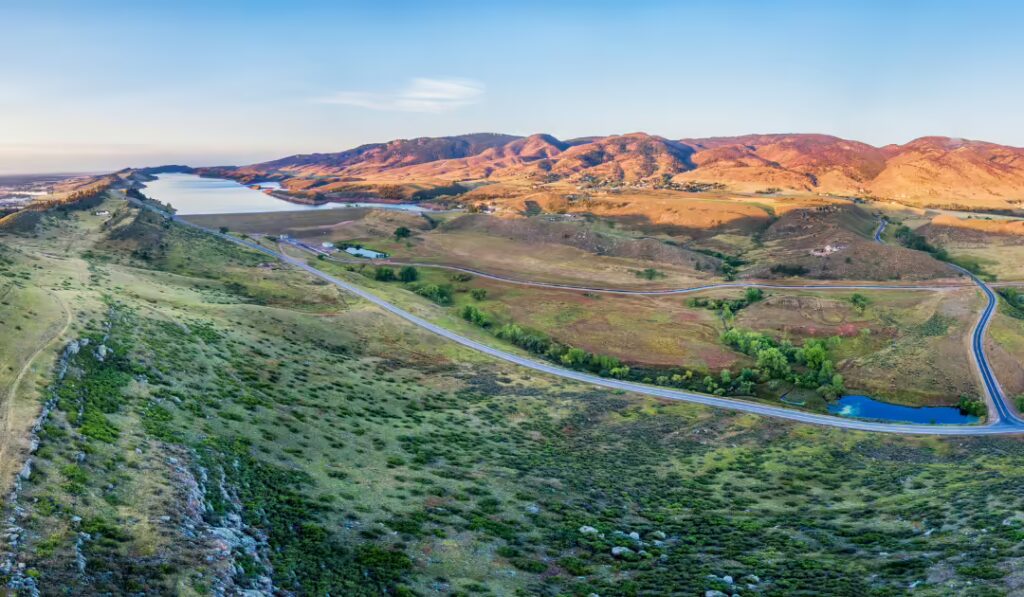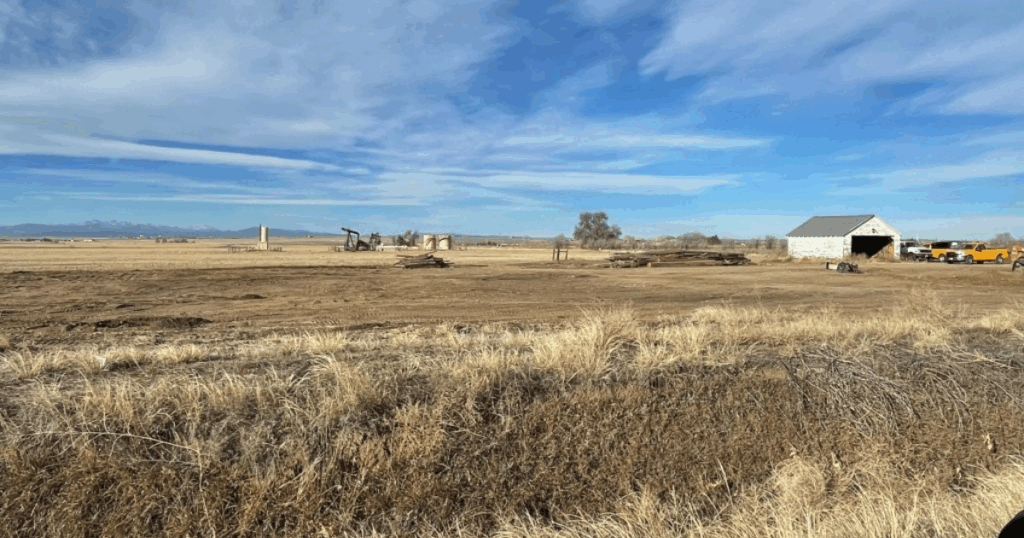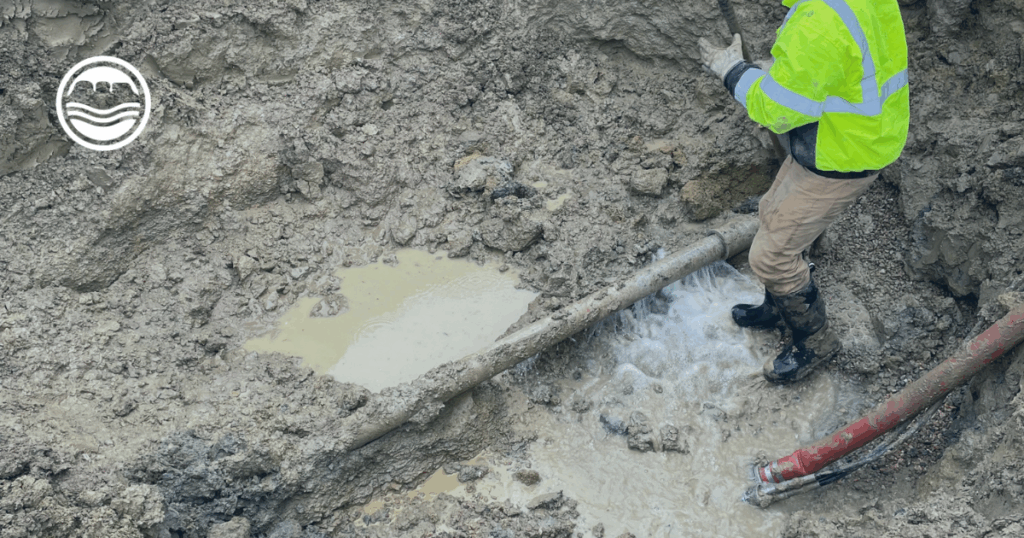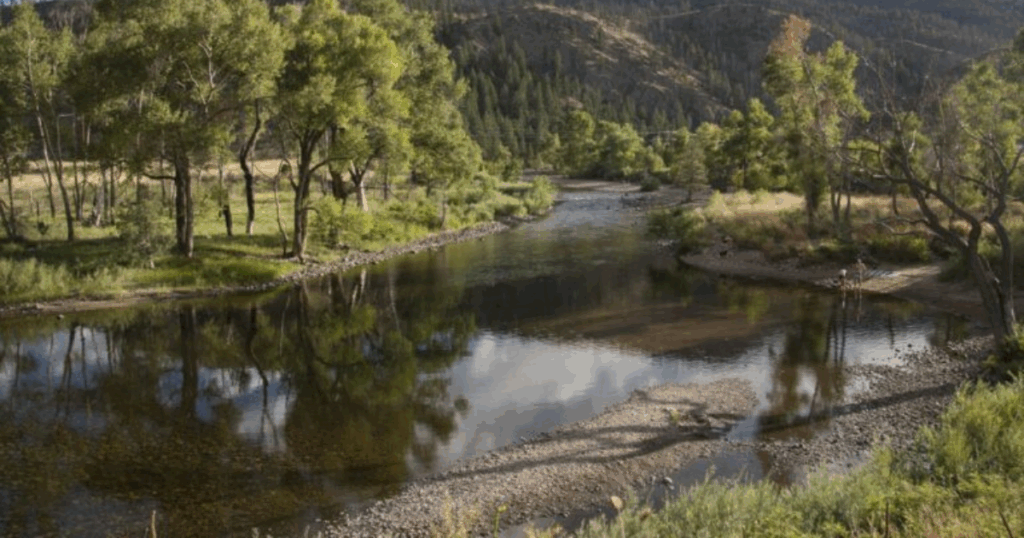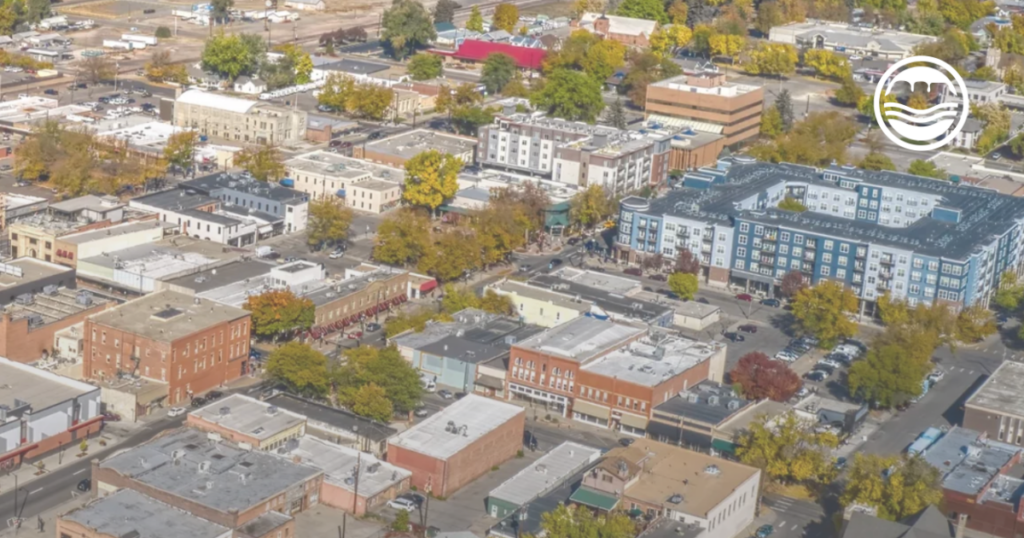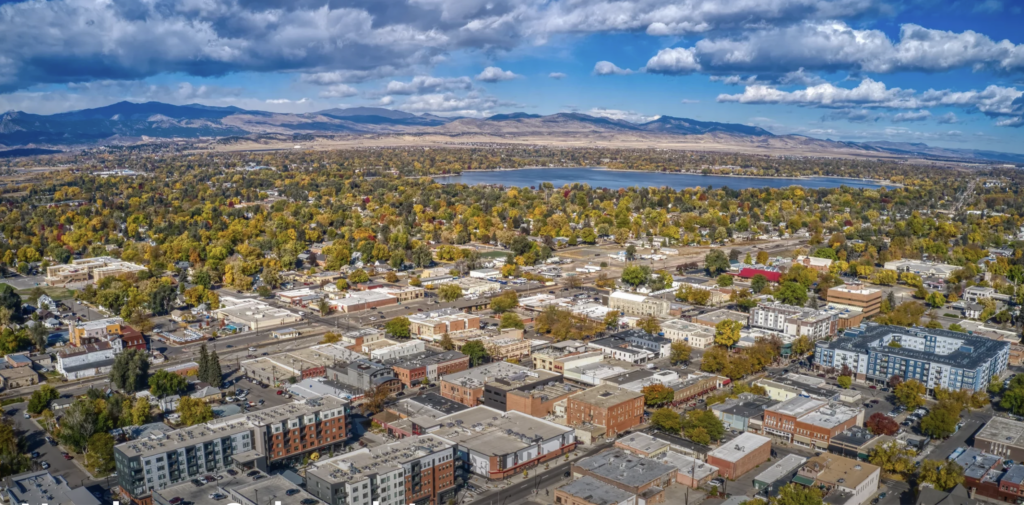At Fort Collins-Loveland Water District, we know our role as a special district is integral to our community. However, we also know that what we can and can’t do and how we interact with municipalities and other utilities are a bit complex and can create confusion among our customers. In this blog post, we’ll explain what a Title 32 special district is, provide a brief history of our district, discuss some of our capabilities and limitations and answer a few frequently asked questions to clarify our role.
TLDR: Blog Summary
- Title 32 of the Colorado Revised Statutes designates a special district to operate a single mission for public use, such as water, fire services, libraries or similar entities that would otherwise fall under the care of a municipality.
- Special districts have many advantages, including the fact that all their staffing and financial resources can be applied directly to a single mission, eliminating some of the bureaucracy of a municipality.
- There are limitations to what a special district can do that can be challenging to communicate to customers. These limitations center around our role as a special district and the regulations that apply to us. For example, we don’t control land use, and we don’t have the authority to turn off a customer’s water just based on high water use.
What is a special district?
The Fort Collins-Loveland Water District (FCLWD) is part of a larger framework of over 3,000 special districts in Colorado, including water, sanitation, libraries, fire and metropolitan districts. More than half of Coloradoans are in at least one special district, if not several. Special districts are designated by Title 32 of the Colorado Revised Statutes, which lays out their governance, powers and functions. Because of this, you’ll sometimes hear special districts referred to as “Title 32” entities, and the terms can be used interchangeably.
Title 32 entities are unique in their focus and mission. Unlike municipalities like cities or towns, special districts are quasi-governmental organizations created to serve a specific function — in FCLWD’s case, to provide sustainable, high-quality, secure, reliable and cost-effective water to the community within our boundaries. While Title 32 entities operate under state regulations, they maintain a narrower scope than a city or county government, which has broader responsibilities to consider at all times.
The History of FCLWD: A Mission-Driven Legacy
In the late 19th century, the 1883 Water Works was formed to bring water from the Cache la Poudre River through hand-dug ditches into Downtown Fort Collins. As the community grew and spread to the south, more formalized services were needed beyond Downtown Fort Collins.
FCLWD’s roots trace back to 1961, when the Fossil Creek Water & Sanitation Association (FCWSA) recognized that maintaining and expanding water infrastructure required more than informal collaboration. A coalition of farmers formed a Title 32 district, which allowed them to finance critical projects and establish a structured governance model. This made it possible for them to leverage tax revenue and water service fees to invest in infrastructure, maintenance and future growth. FCWSA was the predecessor to FCLWD, which now serves from Harmony Rd. to 57th Street in Loveland, and the foothills in the west to the Larimer-Weld County line in the east.
Benefits of a Special District
The fact that FCLWD can be mission-driven and only focused on delivering water provides our customers and our team with many benefits. Essentially, each benefit boils down to the fact that we only need to focus on water delivery, but this benefit shows up in various ways.
- All of our staffing resources can go directly to water services. In a municipality, it’s not uncommon for staff to be pulled in multiple directions based on funding and need. With all efforts concentrated on water services, a special district’s teams are experts in their fields and can devote all their attention to their role. For example, if someone calls our emergency customer service line with a water issue, they will get someone on the phone who knows how to help without needing to be transferred. If a team member needs to respond in person, our dedicated team doesn’t have to respond to other issues besides water concerns, so their response time is quick.
- Our processes are leaner and less bureaucratic. With fewer bureaucratic layers than city governments, our structure not only saves time but ensures that decisions are made by those closest to the issue. Because of our single mission, we are a much flatter organization so between our department staff and the board, major policies can be made fairly quickly.
- All of our funding goes to water services. Unlike a municipality, our budget doesn’t get pulled in different directions. We’re solely funded through the revenue generated by water services, meaning that all funds can be reinvested into water infrastructure, operations and customer service. Our focus on our structure, funding and projects allows us to have a closer feedback cycle between our intention, funding and execution, increasing efficiency and productivity.
- We can be transparent with the community. As a single mission entity, all of our revenue goes straight to operations and capital projects. It’s easy to see what’s happening within FCLWD just by coming to a board meeting, which are open to the public and listed on our website. In board meetings, the public can see exactly how we make financial and other decisions.
Limitations of a Special District
While there are many benefits to a special district, there are limitations to what a special district can do. It’s in these limitations that we get the most confusion from customers. So, hopefully, by clearing up our limitations, we can answer some of the common questions we hear from the community.
- Special districts are subject to city and state laws. While a special district can make decisions within our singular mission, we are also obligated to follow state laws, including Title 32 itself, and collaborate with larger jurisdictions. We still have to work within the regulatory structures above us, including the City of Fort Collins, the City of Loveland and Larimer County.
- We don’t have a general fund like a city does. In some ways, the financial freedom of special districts can be a limitation. For example, a city’s general fund can be a cushion when projects go over budget; however, special districts do not have a general fund. Cities can also use their general fund to subsidize customers’ bills, especially when a customer has an unchecked leak that causes a massive bill. Unfortunately, we don’t have the same leeway to subsidize or forgive bills. If we forgive bills, we must make the money up somewhere else in the budget.
- Our singular mission can limit us from participating in worthwhile causes. Sometimes, organizations with great community intent, like historic preservation, approach us. However, we cannot put ratepayers’ funds towards broader community impact projects. We can’t spend our budget on anything outside of our mission: water.
- Customers sometimes expect we can do things that we simply can’t do. Sometimes, our customers come to us with concerns that we can’t do anything about. For example, we don’t have any control over land use or community development. Also, we don’t have a court system to hear cases or issue fines and we don’t have the authority to turn off a customer’s water simply because they’re watering during the day.
As we mentioned, many of our frequently asked questions revolve around these ideas of “why can’t you just…” and understanding the limitations and abilities of special districts, so here are answers to a few of those questions.
Frequently asked questions
Why do you let people keep building new houses during periods of watering restrictions?
To begin, FCLWD has no say in land use. We have a legal obligation to provide water for everyone within our service area as long as it is feasible to do so, but we don’t have the authority to determine what can be built in our service area. Additionally, there is a three-year approval process before a new neighborhood is built, and once that train is in motion, it is very hard to stop. To carry the metaphor further, when a train stops, it blocks so many other things in the community because it’s an economic engine. If there are temporary issues with the water supply, as we saw in Timnath in the summer of 2024, that can be solved by a temporary water restriction, that makes more sense than halting the entire train. Rest assured, the District use science and engineering to ensure the long-term solution they are implementing is the correct scale for the project.
My neighbor waters their lawn during the middle of the day, or they have a leak affecting my lawn/home. Can’t you just shut off their water?
We cannot just shut off a customer’s water, and that’s for each of our customers’ protection. You never know what’s going on in someone’s house, and turning off their water without sufficient warning and a viable reason would be a violation of our rules and regulations.
While we were on vacation, our home had a leak that caused extensive damage. Why didn’t FCLWD realize there was a leak and shut off our water?
We are responsible for monitoring and repairing any leaks in the water main before your water meter, but leaks on your property are your responsibility. To provide a bit more clarity, homes either have a water meter in a meter pit or a curb stop box. That is generally the cutoff point for responsibility. FCLWD is responsible for leaks in the water main and up to the meter pit or stop box and the homeowner is responsible for leaks after that point. We do our best to alert customers if we notice an unusual amount of water used that could signify a leak. However, it’s still a homeowner’s responsibility, along with their homeowner’s insurance, to cover the damage of a leak.
Our Single Mission Gives Us Focus
Overall, our single mission allows us to provide our customers with cost-effective water while upholding our values of transparency, accountability and customer service. We are thankful to be a Title 32 special district because we don’t have to balance the needs of an entire city and can focus on being subject matter experts, devoting our time and energy to what we do best.
 Skip to content
Skip to content

